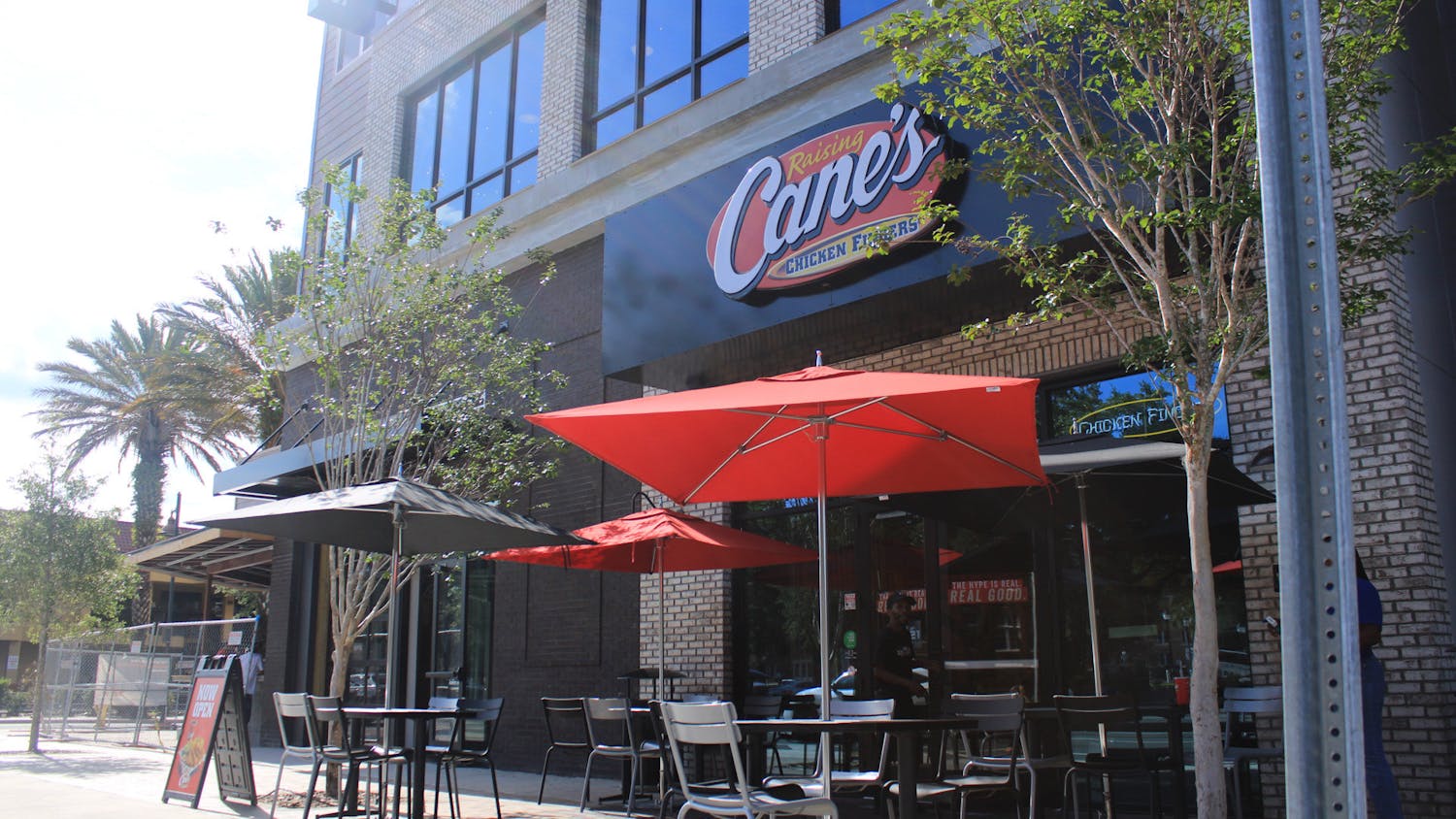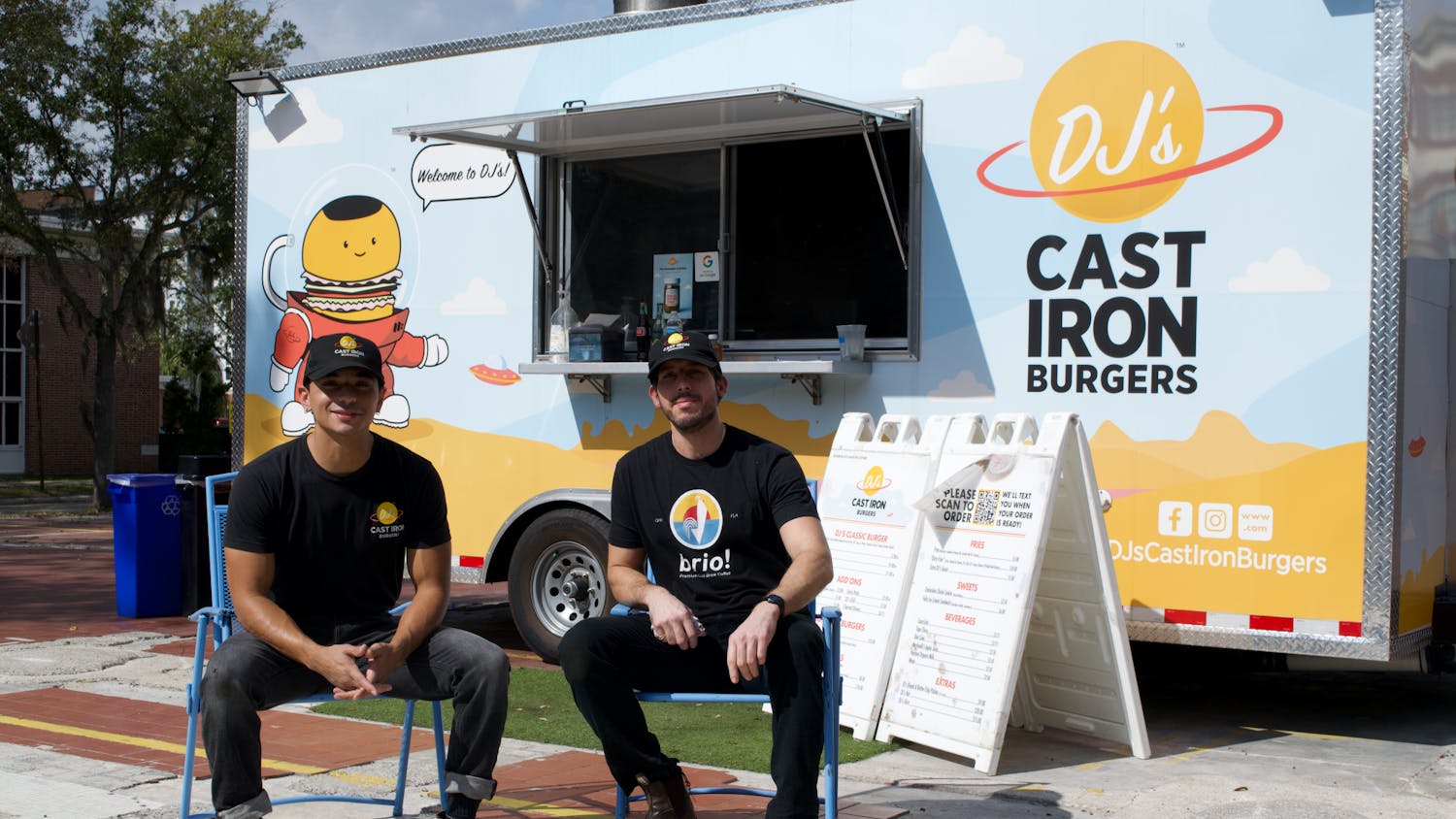It seems characteristic of man, today more than ever, to move further away from his natural self with each notch of progress added to his belt. All things considered, we lead undeniably different lives from our ancestors, those born from sub-Saharan plains and those who built civilization. Our current rate of progress is unparalleled and exponential. And though industry and technology have proven beneficial, providing alleyways of opportunity and countless resources for personal and cultural growth, their rate of progress is outpacing our ability to evolve alongside it.
Accompanying industry's benefits are a number of temptations that effectively detach us from the primitive roots from which we've sprouted. These temptations cause a shift in the ways we form and perform basic acts that once contributed to the survival, specification and procreation of our species. Most notably, though not exclusively, is the radical change in the methods we use to obtain and consume food. As a whole, we no longer glorify the hunt, the harvest or the preparation of meals. Instead, we have steadily debased an act as visceral as sex itself.
The fast-food industry is regarded as a godsend to many. Fatty, greasy, fried goodness sold at questionably low prices and served quicker than you can swipe your plastic — adored by binger, stoner and pauper alike. And while the prices are to die for - through painful cardiovascular complications - the industry itself dissociates us from a very specific process of drive-satisfaction inherent within our nature: collecting and cooking our own food.
For the majority of our 200,000-year history, the alpha male was venerated for returning home with a carcass slung over his shoulder. The hunt, that great expense of energy, was justified as the meat sizzled over fire. Today, parents need only return home with a paper bag of meat substitute to silence the stomachs of their children.
Yet the substantiation of a hard day's work, which was so integral to the hunt and satiation of our ancestors, has been replaced by a day at the office and a transaction with a cashier. Similarly, appreciation for the food bearer is also being neglected, as no hunt transpired and no cooking was performed, only an eight-hour workday that indirectly led to an instrument used to buy rapidly fried food.
A void lies within the consumer, as fast food, despite its decadence, seems to have appeared out of thin air, neither substantiated nor explained by any sensible process in which the eaters have partaken.
On a drunken night, during famished fits of quiet desperation, I'll admit I've bought a burger from one of the many quick kitchens lining University Avenue. In this drunken stupor, each bite is heaven, a savory kiss from Mother Mary that might only be bested by sex with someone far less righteous. Yet, as the last morsel passes my lips into the acidic abyss, I'm struck with a sensation of utter repulsion and self-loathing. Not merely mental, but physical unease and nausea consume me entirely.
Replace this experience with an alternative night: It's 2 a.m., and I'm drunk again. I decide to cook myself steak and eggs in the confines of my kitchen. Save for the fire hazard of a drunk at the stove, this act is one of the most gratifying I ever perform. The smell of a sizzling steak is as pleasing a sensation as the act of eating. Knowing that my time and effort are contributing to this meal satisfies something primitive within me as I fulfill at least some degree of survival and self-reliance.
This is not to say that you'll find me at Paynes Prairie hunting buffalo for my next meal; it is to advocate getting as close as possible to the origin and preparation of our meals, if for no other reason than greater indulgence.
Dyllan Furness is a philosophy and English junior at UF. His column appears on Tuesdays.





